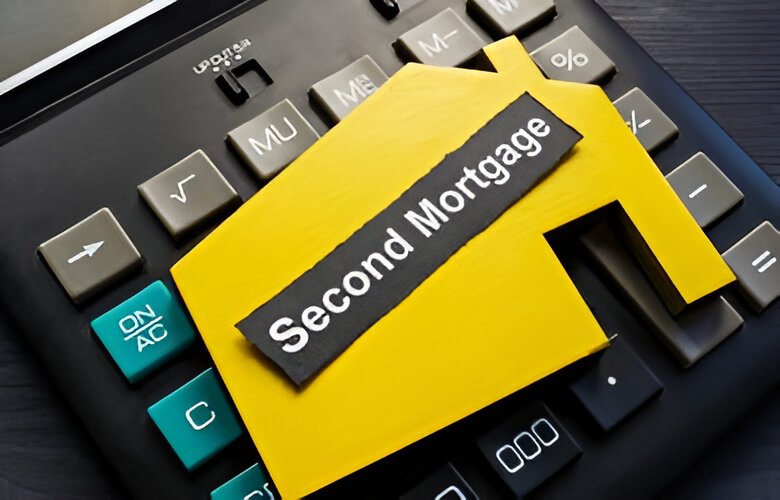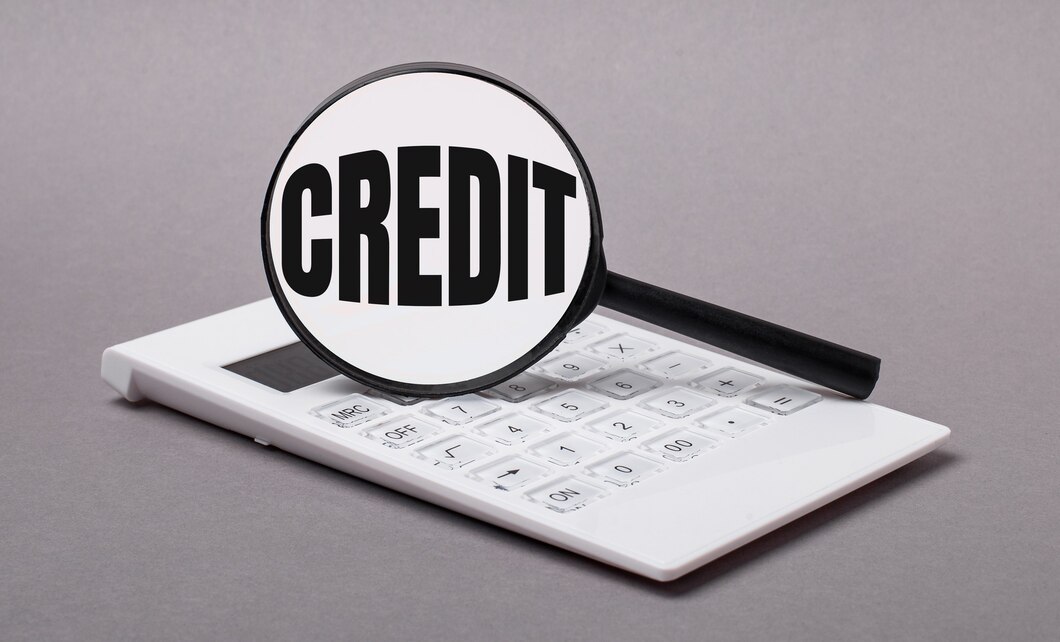Mortgage loans are not only restricted to clients who have government jobs or employees. The self-employed can also get mortgages in Canada. Getting a self-employed mortgage is hard for freelancers, contractors, and other self-employed workers with an unstable income, but not impossible.
As long as, your mortgage application fulfils all the requirements set forth by your private alternative mortgage firm, the chances of getting your mortgage denied are minimal.
About Self Employed Mortgage Process in Canada
Self-employed mortgages are residential or commercial mortgages on a house or commercial property owned or purchased by someone who is self-employed or owns their own company or organization.
Since self-employed Canadians report their earnings differently than salaried workers who work full-time or part-time, their reported net income is not always sufficient to qualify for a typical mortgage from a Canadian bank.
While the self employed mortgage process in Canada is easy if you know what you’re doing, there are several different companies and establishments you can approach for a mortgage.
With so many different types of mortgage lenders, it is hard to pick one person or company to rely on, which is why it is important to have a clear idea of the type of loan you want before reaching out to lenders.
After all of the credit score procedures, a self employed person needs to ensure they’re aware of the fine linings of the mortgage. Things like the down payment, interest rate, monthly instalments, term, etc. are very important for a self employed mortgage.
Self-employed Mortgage Requirements
Self-employed mortgages don’t have very difficult requirements. You first need to provide a traditional credit score, credit report, and detailed credit history.
For the mortgage, you need to have a good job and stable income, this way your lender will be more prone to provide you with a loan. If you are lucky some lenders allow international credit scores rather than national ones, this gives you an advantage as you can use your score from a country you’ve lived in for a very long time.
Financial statements for your company and evidence that your HST and/or GST are paid in full are some of the other supporting documents a lender can request for a self employed mortgage.
You’ll also need copies of your borrower’s business or GST license or Articles of Incorporation indicating you’re insured. If you are a small business, the self-employed mortgage requirements will include personal and business credit ratings, evidence that you’re a principal owner in the business, and proof that you’re a licensed business.
If your lender confirms your application and you wish to proceed, they may or may not ask for evidence that your down payment was not given or lent to you. This is critical information that can be shown with a simple bank statement or confirmation letter. However, proof of down payment is not for necessary self employed mortgages in Canada.
Private Financing Firms and Their Perks
More Canadians are turning to private financing firms for the acquisition of self-employed mortgages for a reason; they offer fast and easy access to money even to the utmost challenging cases.
At Freedom Capital, we have a reputation to look beyond the numbers and has smooth self employed mortgage process. We deliver new and progressive mortgages and financing solutions with flexible yet common-sense underwriting that is easily understandable for borrowers.
We deal with each and every type of consumer, from self-employed borrowers to residential real-estate investors to borrowers with recent credit events. We take pride in helping self-employed individuals in acquiring self employed mortgages on a simple and ‘common sense’ approach method.








